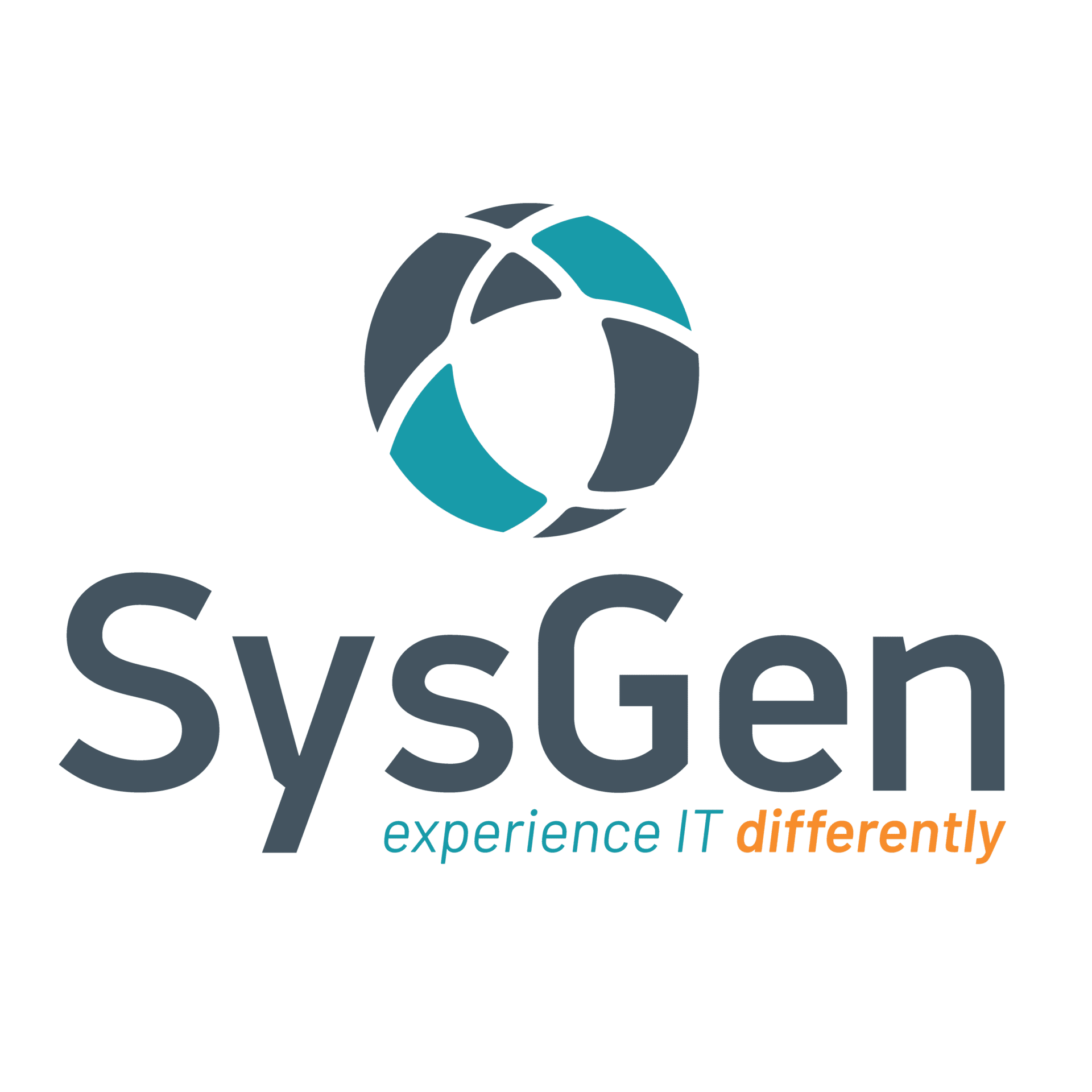Table of Contents
Understanding Microsoft Cloud App Security
Microsoft Cloud App Security (MCAS) stands at the forefront of cybersecurity, providing organizations with a robust and multifaceted approach to safeguarding their digital assets. In an era where cyber threats continue to evolve, MCAS emerges as a comprehensive solution, addressing key facets such as threat protection, information security, identity and access management, and security management and compliance.
Key Features and Components
Threat Protection
In the realm of threat protection, MCAS employs a sophisticated blend of real-time analytics and machine learning algorithms. These technologies work in tandem to scrutinize user activities, identifying anomalies that could signal potential security risks on cloud apps. By adopting a proactive stance, MCAS enables organizations to thwart cyber threats before they can manifest into serious security incidents.
Information Protection
The protection of sensitive data is paramount in today’s interconnected digital landscape. MCAS takes a proactive approach to information security, offering encryption, access controls, and data loss prevention (DLP) policies. This ensures that confidential data remains shielded from unauthorized access and prevents inadvertent data leaks, bolstering an organization’s defense against data breaches.
Identity and Access Management
Efficiently managing user identities and controlling access to applications is a cornerstone of cybersecurity. MCAS streamlines these processes, allowing organizations to enforce robust authentication measures. By ensuring that only authorized users have access to critical resources, MCAS fortifies the organization’s security perimeter, minimizing the risk of potential breaches.
Security Management and Compliance
Centralized security management and compliance monitoring are pivotal for maintaining a resilient security posture. MCAS serves as a control hub, providing insights into security incidents and facilitating swift responses. Furthermore, it aids organizations in adhering to industry-specific compliance standards related to the cloud environment, ensuring that their security protocols align with regulatory requirements.
Benefits of Using Microsoft Cloud App Security
Enhanced Protection Against Cyber Threats
MCAS’s proactive threat detection capabilities offer organizations a significant advantage in the ever-evolving landscape of cyber threats. By identifying and neutralizing potential risks in real time, MCAS enhances the overall security posture, providing a robust defense against sophisticated cyberattacks via cloud apps.
Safeguarding Sensitive Data
MCAS empowers organizations to take a proactive stance in safeguarding sensitive information in the cloud environment. Through the implementation of policies that control data access, monitor user activities, and prevent unauthorized data sharing, organizations can significantly reduce the risk of data breaches. This not only protects the organization’s valuable assets but also enhances trust among stakeholders.
Streamlining Identity and Access Management
Efficiency in identity and access management is a hallmark of MCAS. By streamlining processes related to user identities, access controls, and user activity monitoring, organizations can enjoy heightened security without compromising on operational efficiency. This streamlining not only enhances security but also contributes to a seamless user experience.
Ensuring Compliance with Security Standards
Adherence to security standards is not just a legal requirement but a crucial element of building a trustworthy digital environment. MCAS provides organizations with the tools needed for continuous monitoring, reporting, and enforcement of security policies, ensuring that they comply with industry-specific security standards.
How Microsoft App Security Works
At its core, MCAS operates as a vigilant guardian, continuously monitoring and analyzing activities within cloud applications. Leveraging machine learning algorithms, MCAS identifies patterns indicative of potential security threats. By integrating seamlessly with various Microsoft 365 services, it provides a comprehensive and holistic view of an organization’s security landscape.
Best Practices for Implementing MCAS
Implementing MCAS effectively involves adopting a strategic approach:
- Define Clear Security Policies: Establishing well-defined security policies is foundational. Communicate these policies across the organization to ensure consistent adherence.
- Regularly Monitor and Analyze Alerts: Proactivity is key in cybersecurity. Regularly monitoring and analyzing security alerts empower organizations to respond swiftly to potential threats, mitigating risks effectively.
- Educate Users: The human element is often the weakest link in cybersecurity. Providing ongoing security awareness training to users ensures they understand the significance of following best practices, reducing the likelihood of security breaches.
Future Trends in Microsoft Cloud App Security
Looking ahead, the trajectory of MCAS is poised for continual evolution. As cyber threats become more sophisticated, MCAS is expected to advance its capabilities in threat intelligence, seamlessly integrating with emerging technologies to remain a robust security tool. The automation of security processes is anticipated to play a pivotal role, empowering organizations to adapt swiftly to the dynamic landscape of cyber threats.
In conclusion, Microsoft Cloud App Security emerges not just as a solution but as a strategic partner in an organization’s cybersecurity endeavours. By addressing critical aspects of cybersecurity and offering advanced protection, MCAS empowers organizations to navigate the digital landscape of the could environment with confidence. Through the implementation of best practices and an eye on future trends, organizations can harness the full potential of MCAS, fortifying their security posture and proactively mitigating the challenges posed by cyber threats.
Learn how SysGen can help you implement Microsoft Cloud App Security by contacting us today!
Get in touch with the SysGen IT team



